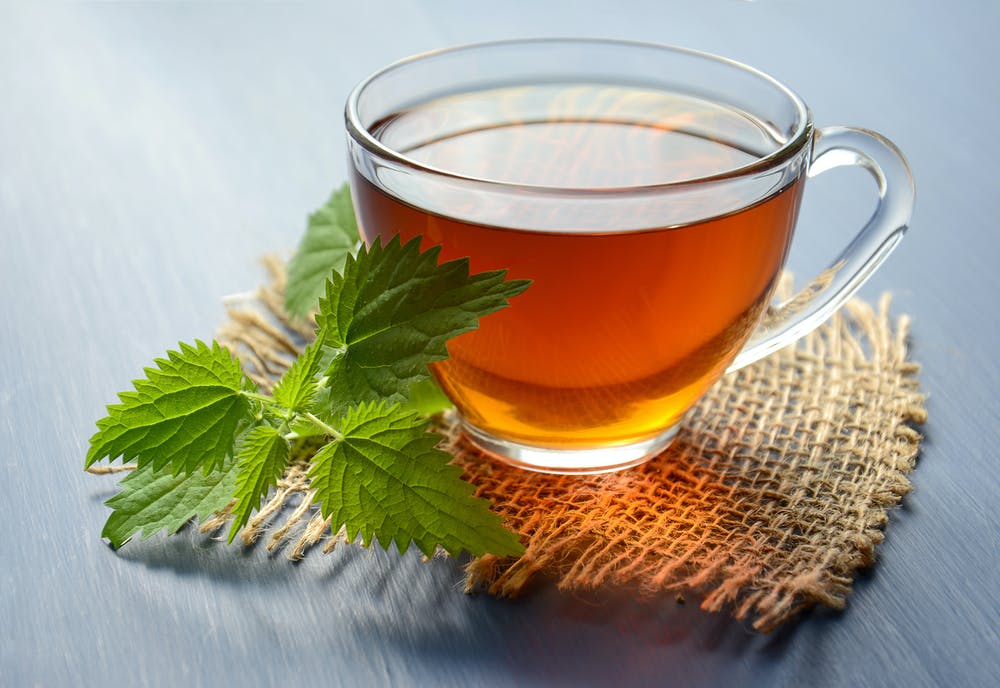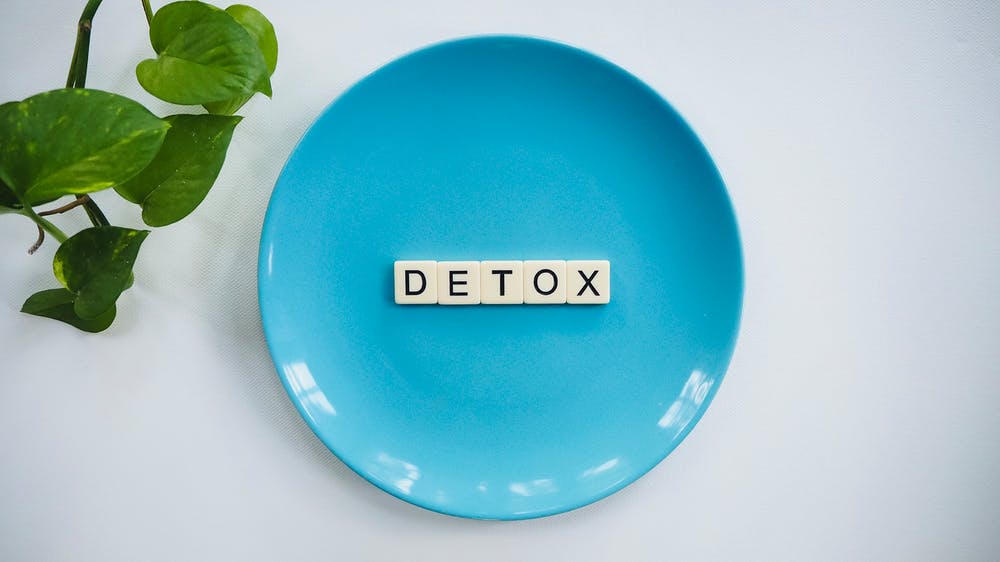With so much of nutrition advice out there, everyone seems to have an opinion on what to eat and what not to eat. People do become a victim in believeing the food myths and nutrition quacks which is being followed blindly since years as old wives tales. Here we bring you the truth behind four common food myths:
Myth 1- Drinking more cups of Green Tea leads to more fat burning.

Fact: Fat is burned when metabolism is good. Metabolism is a process which converts food into energy, as a fuel to carry out different body functions. For weight loss to happen, you need to eat a calorie deficit diet. Calorie deficit means the energy expenditure is more than the calorie consumption.
– Green tea has an antioxidant named catechins which increases your metabolism and thereby fat burning. But, catechins play a small role in increasing your total energy expenditure.
Studies have shown that 2 cups of green tea increases 4.5% energy expenditure. Let’s understand this- If a person consume 1500 kcal, then 4.5% is only 60 calories which is negligible.
– If you try to consume 5-6 cups in a day, the high caffeine content makes you dehydrated and acidic. Rather than increasing your metabolism, it slows down. So there is no ‘extra’ fat burning when you consume more!
– So it is better to try other ways of increasing metabolism rather than just sticking to drinking green tea
JUST FOR LAUGHS: You will lose weight alone from green tea only if you go to mountains and pick it up for yourself!!!!!
Myth 2- Homemade ghee makes you fat and is unhealthy!

Fact: Homemade Ghee is rich in Conjugated Linoleic acid (CLA). CLA helps you to mobilise and burn the stubborn fat thereby help you to lose weight. So always, add a spoon of ghee to your meal plate.
– Ghee is rich in Butyric acid. Butyric acid is a short chain fatty acid which promotes the growth of good bacteria in stomach, balances the quantity of hydrochloric acid produced in stomach ( improves the acidity issue) and helps in bile production in liver.
– Ghee is rich in DHA, a type of omega-3 fatty acid essential for brain development. Our body cannot make these fats and so important to get from food sources.
– Ghee is rich in Vitamin E- so being good to hair and skin.
Myth 3- Doing a detox diet after a binge day will nullify the cheat calories.

Fact: A big NO!! Detox diets only remove toxins from the body but not fat. Detox process will make you lose water weight and not fat weight. So the moment you stop doing it after a day or two the lost weight will bounce back.
– When we binge, we end up eating more than required, later punish the body with working out extra hours or starve the body using detox techniques. You deprive the body of its primary fuel that is energy, mind becomes lethargic.
– Detox also leads to muscle loss. Only in presence of sufficient muscle content our body burns calories. If the muscle content goes down, metabolism is slow, calories don’t get burned and there is no sustainable weight loss.
– Body has its own limitation on how many calories will be burned on a daily basis. So f you go for detox every now and then, you won’t see any desirable effects. Better is to eat mindfully when binging, as brain will signal on where to stop.
Myth 4- People who are thin don’t need to exercise!

Fact: The most common and widely accepted myth. Exercises are done to remain fit and healthy. Being thin does not qualify as being healthy. Everyone needs to workout. However, the type of exercise and its intensity will vary depending upon the person’s health and fitness goals.
– Muscles are denser and weigh more than the fat. Example, if you pour 1 spoon of oil/ghee in water it will float and any meat or muscle source poured into water will settle at the bottom.
Often, thin people have the same percentage of fat as the person who actually looks fat. This is because the person who looks thin usually has least amount of muscles and thus, the body weight is lesser as muscles are very dense.
– Thin people need to aim at gaining muscles. One can practice strength training exercises at home like crunches, walking lunges, push ups, squats, triceps dips & etc focusing on increasing the reps and sets in a periodic manner.




